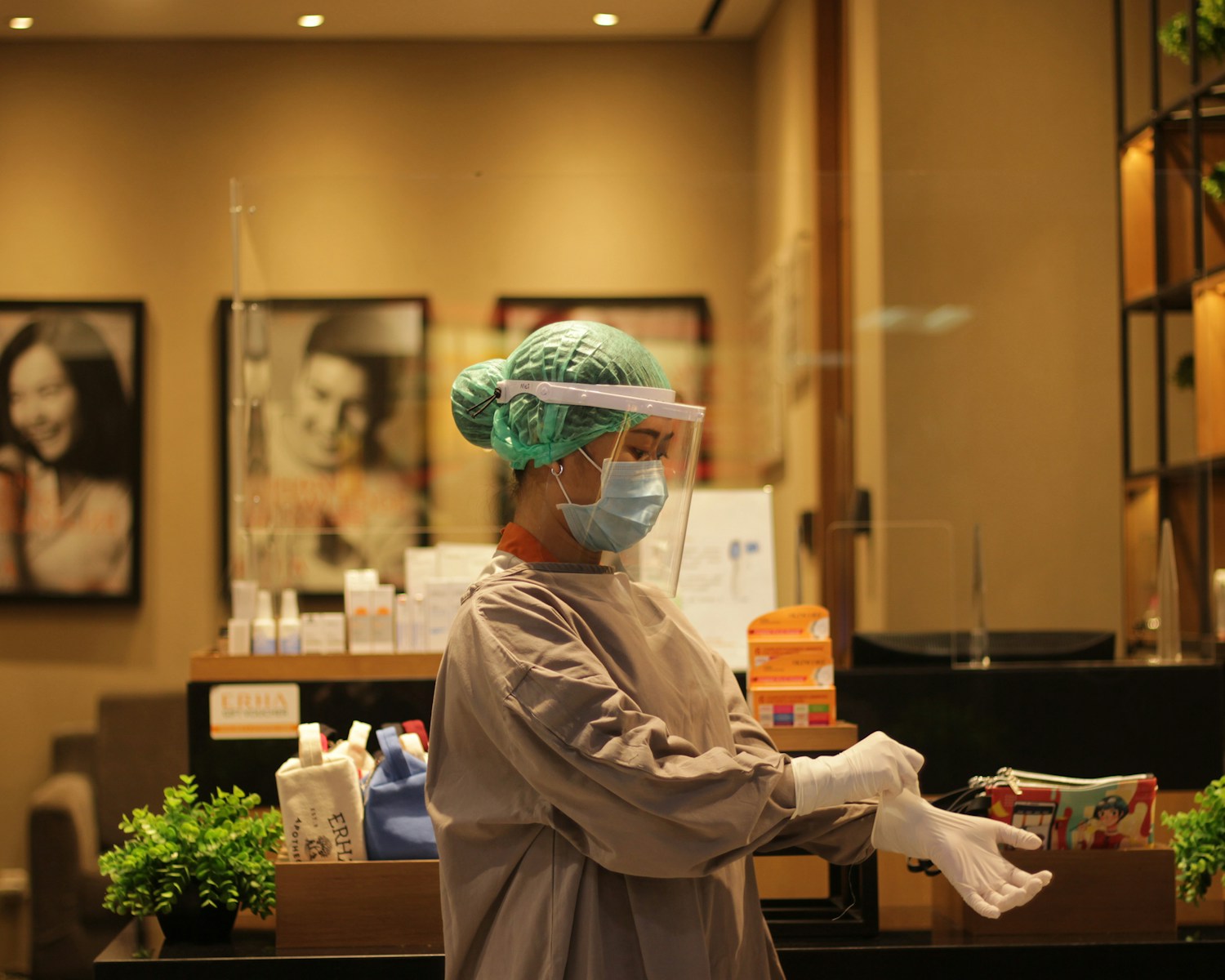Speak Now or Forever Hold Your Peace: Bombay HC Clears ICC, Denies Tarapur Doctor a Second Bite After Year-Long Silence Makes Waiver Win the POSH Fight

A doctor who quietly faced a sexual-harassment inquiry for almost a year discovered, after the panel held him guilty, that he could object to the very composition of the panel. On 14 October 2025 a Division Bench of the Bombay High Court (Ravindra V Ghuge & Ashwin D Bhobe JJ.) told him the train had already left the station. In Dr Shyam Bihari v. Nuclear Power Corporation of India Ltd. (Writ Petition 11696 of 2025, 2025:BHC-AS:44627-DB) the court refused to quash the Internal Complaints Committee report, emphasising that participation without protest amounts to waiver and that the Presiding Officer need only be a “senior-level woman”, not necessarily senior in rank to the accused.
Table of Contents
The Complaint that Started it All
Dr Shyam Bihari, Medical Officer at NPCIL’s Tarapur (Maharashtra) site since 2005, was examining a young candidate on 27 July 2024 when her father, a Scientific Officer in the same organisation, complained that the doctor had behaved inappropriately. Invoking the Sexual Harassment of Women at Workplace (Prevention, Prohibition and Redressal) Act, 2013, the site management within 48 hours constituted an Internal Complaints Committee headed by Dr Sugnya Patil, a woman medical officer of the same grade as the petitioner. Two other employees, a private ENT surgeon who occasionally consults for NPCIL, and an external-cum-external member completed the five-person panel required by Section 4 of the Act.
The Two Reports
The ICC recorded statements of the complainant, her parents, three hospital staff and the doctor himself. A preliminary note of 4 October 2024 observed “insufficient evidence”, yet after applying the civil standard of “preponderance of probabilities” the final report of 3 December 2024 concluded that the allegations were proved. On 14 December 2024 the corporation issued a memorandum of charges under its 1996 Discipline & Appeal Rules; on 31 July 2025 the Inquiry Report was forwarded to the doctor asking for his written representation before the disciplinary authority passed final orders.
The Writ Petition
Instead of submitting that representation, Dr Bihari rushed to the Bombay High Court on 22 August 2025. He wanted the memorandum, the notice and the entire ICC proceedings quashed and a fresh committee constituted. He argued that the Presiding Officer was not senior to him in rank, that the ENT surgeon had a consultancy contract with NPCIL and therefore could not be the “external” member envisaged by Section 4(2)(c), and that another member lived in the same building as the complainant’s father, raising a reasonable apprehension of bias. He also invoked a Department of Personnel & Training Office Memorandum of 21 December 2022 which recommends that inquiry officers be “sufficiently senior” to the charged officer.
NPCIL’s Reply
NPCIL produced an affidavit saying the doctor had sat through every hearing, cross-examined witnesses and never raised a whimper of objection. The Presiding Officer, though not above the petitioner in the hierarchy, was undisputedly a “senior-level woman employee”; the ENT specialist was an independent professional familiar with gender issues; and the neighbour-bias plea was a speculative after-thought floated for the first time in the rejoinder. The 2022 Office Memorandum, they added, governs normal disciplinary inquiries, not inquiries under the specialised POSH statute which already contains a self-contained appeal clause in Section 18.
Literal Rule Wins the Day
Justice Bhobe, writing for the Bench, began with the cardinal rule of statutory interpretation: when the words are plain, look no further. Section 4(2)(a) says the Presiding Officer shall be “a woman employed at a senior level at the workplace”; it does not say “senior to the accused”. The Allahabad High Court in Shobha Goswami and the Union Government’s clarification of 9 September 2016 had already said as much. The judge found that the petitioner’s continued participation without protest, followed by an eleventh-hour technical assault, amounted to waiver and acquiescence, principles repeatedly emphasised by the Supreme Court in G Sarana, P D Dinakaran, Madanlal and ABP Pvt. Ltd. The court also saw no material to show that the ENT surgeon was an employee or that the neighbour-member had in fact influenced the panel. As for the alleged inconsistency between the two reports, the October note was an interim assessment; the December report applied the correct standard of proof and was therefore not perverse.
Remedy Not Exhausted
Finally, the Bench reminded the doctor that the POSH Act itself provides a 90-day appeal to a court or tribunal once the disciplinary authority passes final orders. By short-circuiting that route the petitioner had chosen a remedy that was both premature and unnecessary. With no illegality or violation of natural justice detected, interference under Articles 226 or 227 was declined.
The judgment is a textbook illustration that procedural objections must be voiced at the earliest opportunity; silence during an inquiry can later sound like consent. It also reassures institutions that a meticulously conducted ICC inquiry, even if the Presiding Officer is not the most senior person in the building, will pass judicial muster so long as the statutory checklist is ticked and the principles of natural justice are honoured. For Dr Shyam Bihari the litigation has ended where the disciplinary process began back before the NPCIL disciplinary authority, now free to decide what penalty, if any, should follow the finding of sexual harassment at the workplace.
For further details write to contact@indialaw.in
By entering the email address you agree to our Privacy Policy.



